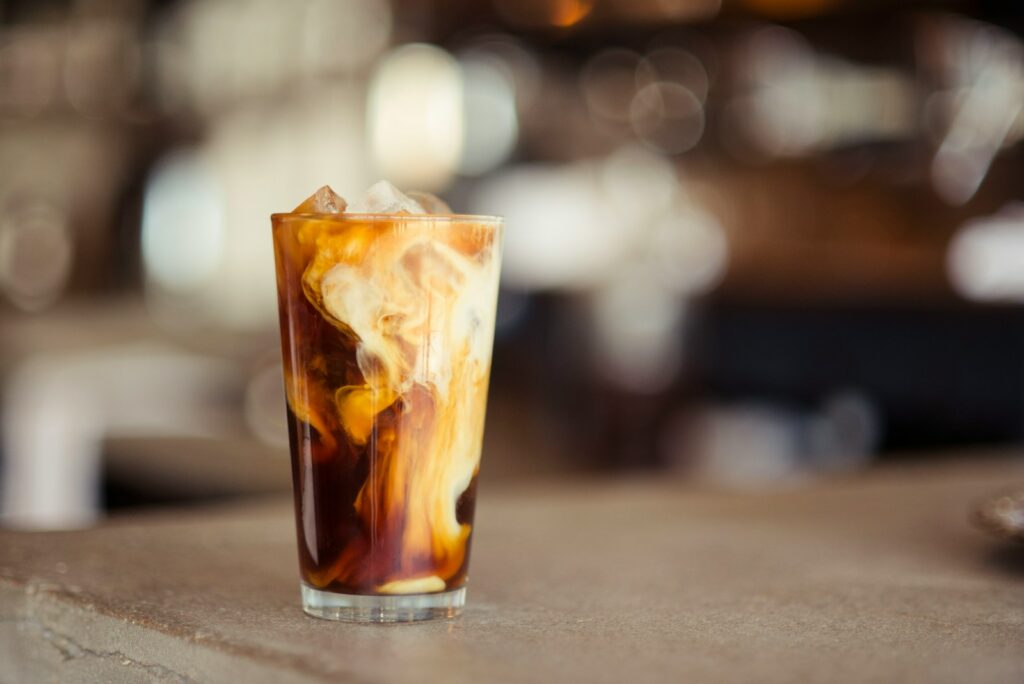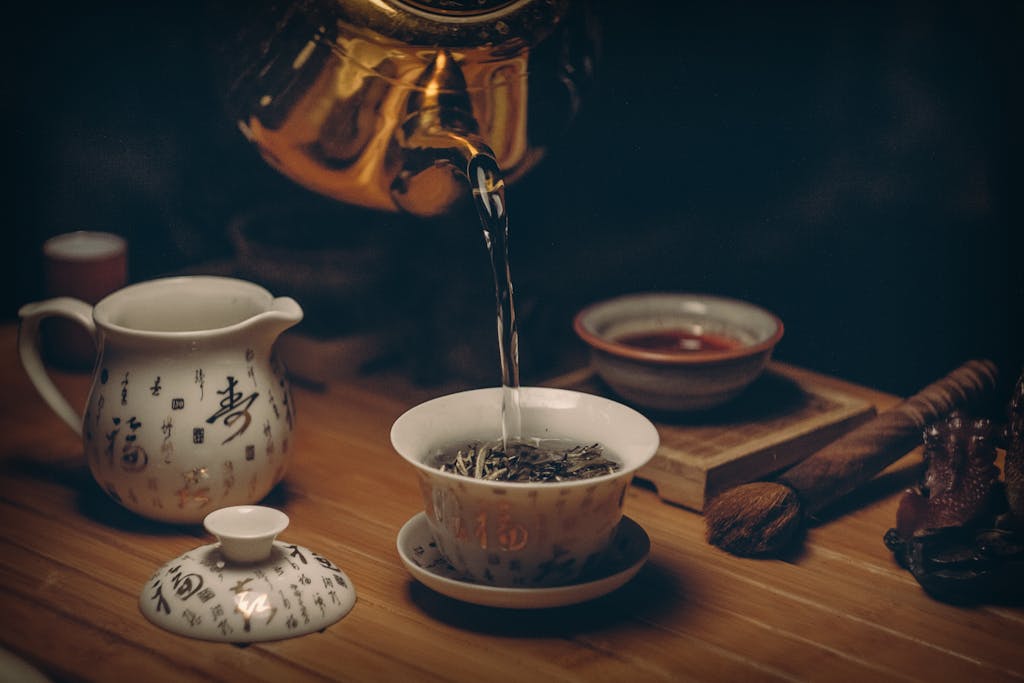Does Tea Contain Caffeine? Surprising Facts for Curious Drinkers
Tea, a beloved beverage worldwide, varies significantly in caffeine content based on the type and preparation method. Understanding the caffeine content in tea and its effects can help you choose the right drink to suit your needs and preferences.
Caffeine in Different Tea Types
Tea originates from the Camellia sinensis plant, and the level of oxidation during processing affects its caffeine content.
Black Tea
Oxidation: Fully oxidized
Caffeine: Approximately 47-90 mg per 8 oz
Green Tea
Oxidation: Minimally oxidized
Caffeine: Roughly 20-45 mg per 8 oz
White Tea
Oxidation: Least oxidized
Caffeine: About 6-60 mg per 8 oz
Matcha (Green Tea)
Form: Powdered leaves
Caffeine: Around 35 mg per half-teaspoon
Herbal Teas
Source: Various plants (not Camellia sinensis)
Caffeine: None or trace amounts
How Tea Preparation Affects Caffeine Content
The method of preparing tea can significantly influence its caffeine level. Longer steeping times and hotter water can extract more caffeine.
| Tea Type | Steeping Time | Temperature | Caffeine Content |
|---|---|---|---|
| Tazo Earl Grey | 1-3 minutes | 194–203°F (90–95°C) | 40-59 mg |
| Stash Green Tea | 1-3 minutes | 194–203°F (90–95°C) | 16-36 mg |
Comparison with Coffee

Coffee generally contains more caffeine than tea. You might like is the Lavazza Top Class Filtro Coffee worth it my review. The preparation of coffee, especially using methods like espresso, can lead to higher caffeine levels.
Espresso
Caffeine: About 58 mg per ounce
Regular Brewed Coffee
Caffeine: About 95 mg per 8 oz
Decaffeinated Options
For those sensitive to caffeine, decaffeinated versions of tea and coffee are available, providing minimal caffeine content. You might like Bones Coffee Company Colombia Single Origin Whole Coffee Beans review.
| Beverage Type | Caffeine Content |
|---|---|
| Decaf Coffee | Less than 3 mg per 8 oz |
| Decaf Espresso | 3-16 mg per 16 oz |
| Decaffeinated Tea | Varies slightly above 0 mg |
Health Implications of Caffeine
While caffeine is celebrated for its ability to enhance alertness and performance, excessive intake can lead to side effects such as anxiety and sleep disturbances. The recommended safe intake is up to 400 mg per day.
Recommendations
- Low Caffeine: Opt for white or herbal teas.
- Moderate Caffeine: Choose green tea or short-steeped black tea.
- High Caffeine: Enjoy black tea or coffee if preferred.
Considerations for Specific Groups
- Pregnant and Breastfeeding Women: Limit to less than 200 mg of caffeine per day.
- Individuals with Heart Conditions or Anxiety: Prefer lower caffeine options.
Conclusion

Tea offers a versatile range of caffeine options suited to different preferences and health needs. By choosing the appropriate type and preparation of tea, you can enjoy the benefits of caffeine in moderation or opt for decaffeinated versions to minimize intake.
- Dunkin’ Donuts Secret Menu Surprises 2025 - January 31, 2025
- Starbucks’ Must-Try Secret Menu Creations for 2025 - January 31, 2025
- Tim Hortons Coffee Menu Explored 2025 - January 31, 2025
